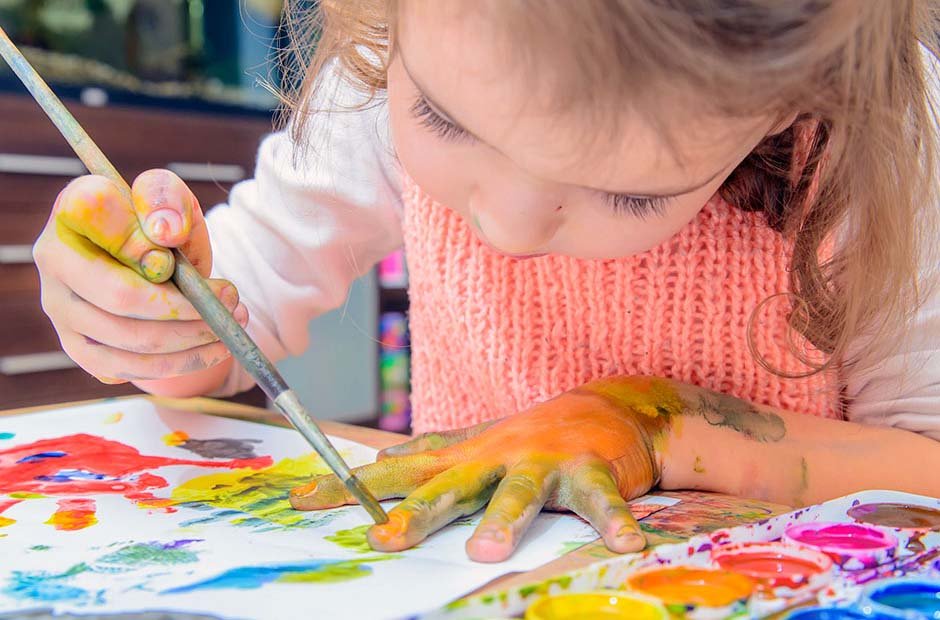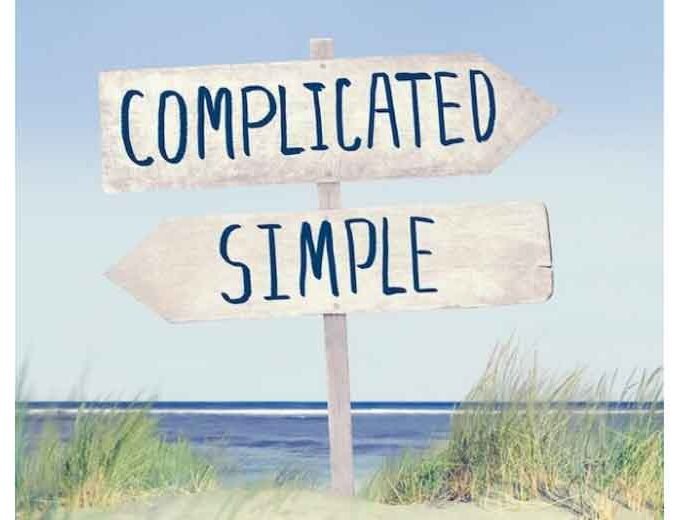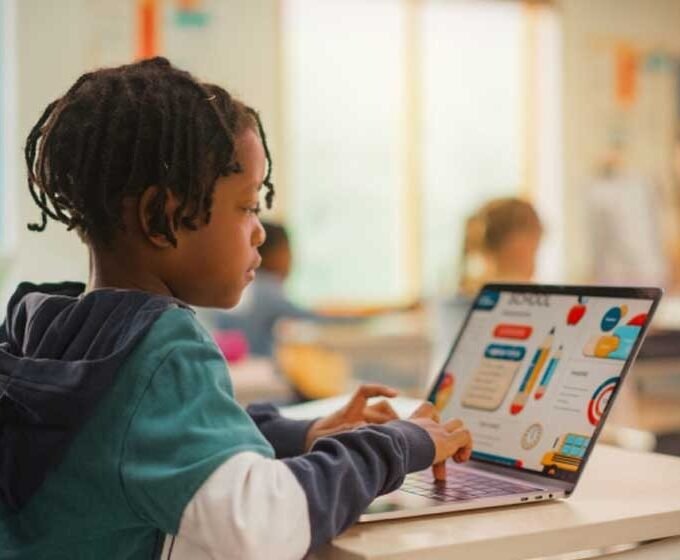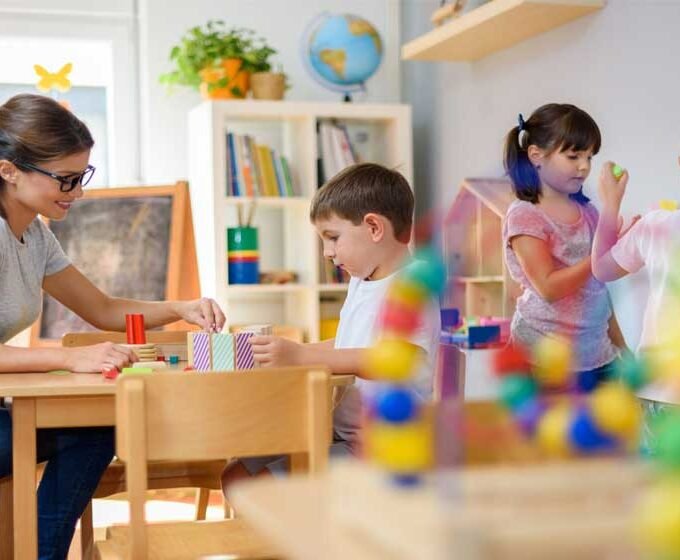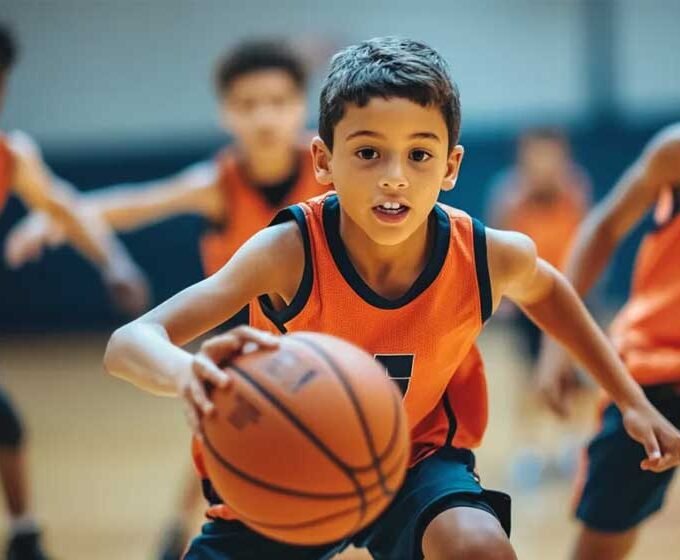The Joy of Learning Through Play
The early years of childhood are not just about learning basic skills; they are about nurturing curiosity, creativity, and a lifelong love for learning. Playful learning integrates the natural desire of children to play with the acquisition of skills and knowledge. In this engaging exploration, we dive into the world of creative approaches in early childhood education, focusing on how play can be both fun and educational.
Innovative Learning Environments: Beyond Traditional Classrooms
Innovative learning environments, such as those adopted by childcare Liverpool, are transforming early childhood education. These settings go beyond traditional classrooms, offering interactive and stimulating spaces that encourage children to explore, imagine, and learn through play. Such environments are designed to cater to the diverse learning needs of children, making education a delightful experience.
The Power of Imaginative Play
Imaginative play is a cornerstone of early childhood development. It allows children to express themselves, develop social skills, and enhance their cognitive abilities. Through role-playing, storytelling, and make-believe games, children learn to navigate their emotions, understand the world around them, and develop empathy.
Sensory Play: Engaging the Five Senses
Sensory play is vital in early childhood, as it engages all five senses in the learning process. Activities like playing with clay, finger painting, or exploring different textures and smells help in the development of fine motor skills and sensory awareness. This type of play is not only immensely enjoyable for children but also crucial for their cognitive and physical development.
Outdoor Play: Learning in the Lap of Nature
Outdoor play is an excellent way for children to connect with nature and learn valuable life skills. Activities like gardening, nature walks, and outdoor games foster a sense of wonder about the natural world, while also improving physical health and motor skills. The outdoors provides a dynamic environment where children can learn through exploration and discovery.
Music and Movement: A Rhythmic Approach to Learning
Incorporating music and movement into early childhood education can have remarkable benefits. Music stimulates brain development, improves memory, and enhances linguistic skills, while movement activities like dancing and playing musical instruments aid in physical development and coordination.
Artistic Expression: Unleashing Creativity
Art is a powerful tool for expression and learning in young children. Drawing, painting, and crafting offer children a platform to express their thoughts and feelings, develop fine motor skills, and enhance their creative abilities. Artistic activities are not just about the end product but about the process of exploring different materials and expressing oneself freely.
Storytelling and Reading: A Journey into the World of Words
Storytelling and reading play a pivotal role in the language development of young children. Engaging stories capture children’s imagination, enhance their listening skills, and introduce them to new vocabulary. Reading together not only strengthens literacy skills but also fosters a love for books and reading from an early age.
Technology in Play: A Balanced Approach
In today’s digital age, technology can be a valuable tool in early childhood education when used appropriately. Interactive games and educational apps can support learning in areas like math, science, and language. However, it’s important to balance screen time with physical play and ensure that technology is used as a supplement to traditional learning methods.
The Role of Educators and Parents: Facilitators of Playful Learning
Educators and parents play a crucial role in facilitating playful learning. By providing a safe and stimulating environment, encouraging exploration, and engaging in play-based activities, they can significantly enhance the learning experience of children. The key is to observe and understand the interests of each child, providing them with opportunities to explore those interests through play.
Embracing Playfulness in Early Education
Playful learning is an effective and enjoyable approach to early childhood education. It encompasses a variety of activities that stimulate learning through creativity, exploration, and fun. By embracing these creative approaches, we can provide children with a solid foundation for their educational journey, nurturing curious minds and a lifelong passion for learning.
Parting Thoughts: The Future of Early Childhood Education
Ultimately, the future of early childhood education lies in innovative, play-based approaches that cater to the holistic development of children. As we continue to explore and understand the immense benefits of playful learning, it becomes clear that the key to effective early education is to let children be children – learning, exploring, and growing through the joyful act of play.






